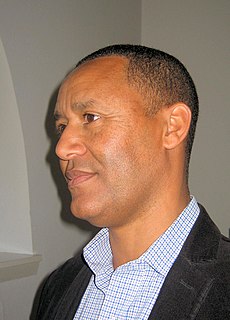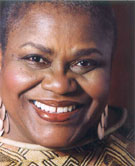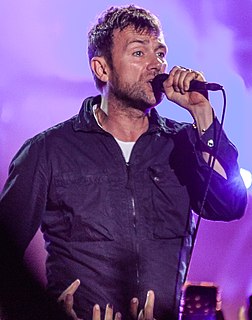A Quote by Terence McKenna
Shamanism is not some obscure concern of cultural anthropologists. Shamanism is how religion was practiced for its first million years. Up until about 12,000 years ago there was no other form of religion on this planet. That was how people attained some kind of access to the sacred.
Related Quotes
If a state political organization is founded in part upon a state religion with a dogma based on one or a few 'official' prophets, then shamanism, where every shaman is her or his own prophet, is dangerous to the state. [...] Shamanism, as I said, is not a religion. The spiritual experience usually becomes a religion after politics has entered into it.
At what point, 2,000 years on from the life of Jesus, do we need a refresher course? Another 2,000 years? Imagine 100,000 years’ time – would the story of Moses’ burning bush amaze a generation laden with unimaginable scientific and technological wonders? Here lies religion’s biggest quandary. While science is squeezing the life out of God, how is religion going to muster a counterattack from here?
I learned that the first technology appeared in the form of stone tools, 2.6 million years ago. First entertainment comes evidence from flutes that are 35,000 years old. And evidence for first design comes 75,000 years old - beads. And you can do the same with your genes and track them back in time.
A few years ago, they [Neandertals] were thought to be ancestral to anatomically modern humans, but now we know that modern humans appeared at least 100,000 years ago, much before the disappearance of the Neandertals. Moreover, in caves in the Middle East, fossils of modern humans have been found dated 120,000-100,000 years ago, as well as Neandertals dated at 60,000 and 70,000 years ago, followed again by modern humans dated at 40,000 years ago. It is unclear whether the two forms repeatedly replaced one another by migration from other regions, or whether they coexisted in some areas
Sometime in the last 50,000 years, before 12,000 years ago, a kind of paradise came into existence. A situation in which men and women, parents and children, people and animals, human institutions and the land all were in dynamic balance and not in any primitive sense at all. Language was fully developed, poetry may have been at its climax, dance, magic, poetics, altruism, philosophy. There's no reason to think that these things were not practiced as adroitly as we practice them today and it was under the boundary dissolving influence of psilocybin.
I spent two years figuring out how I could turn it into something that would satisfy me as a musician but also make some kind of cross-cultural link. I feel that I kind of at least touched on the possibilities of cross-cultural music, but it is a lifetime's work, and I don't profess to be anything other than a novice at it.

































